

Transcription
It Blooms in the dark
Unlike the violet that comes to anthesis in a dark place bringing forth its delicate purple and white flowers, this bloom, is the product of nothing beautiful, or delicate. While caliginous parasites like fungi and viruses flourish in damp recesses finding strength in the darkness, this bloom, the icon of darkness, finds refuge in the dark recesses of the mind: EVIL.
Philosophers, psychologists and theologiand
s can argue between themselves coming to no definitive answer, other than evil takes root in the mind showing itself in the character of people. Germinating in that dark corner evil seems to thrive in the soil of a weak character. The fruit of evil is rarely harvested in the light, avoiding exposure like a cockroach, or evil's acolytes: jealousy, hatred, greed, revenge, tyranny and prejudice.
An insatiable appetite for punishment (evil in itself) has allowed prison systems to become multi-billion dollar shrines to evil, where bad men are made worse and good men made bad. California is so dedicated to punishment, prisons hold the third largest line item on the state budget. By means of our penitentiaries, we bring prisoners' breaches of society's covenants to the bright light of shame and public scrutiny. Thereby, the "good people" can identify the "bad people" who carry the mark of the beast: FELON.
Dr Philip Zimbardo's book, The LUCIFER EFFECT Understanding How Goods People Turn Evil, adresses the dynamics of evil in the prison system and its manifestation within the so called "good people".
Zimbardo explains, evil is much too clever and insidious to be so easily exposed and confined within prison walls. By meansx of a simple psychological mechanism known as Moral Disengagement, "good people" can justify any sort of destructive and egregious behaviour. Moral Disengagement is the act of establishing the mental perspective that what you are doing is for the good, or in performance of a duty: "Iwas only doing my job," "Iwas only following orders," "This is God's will," "He deserved it," "By authority of the court," and any other mind set that gives license to incredibly evil acts by "good people."
Moral Disengagement makes it all so simple: "Justice must be served", "He asked for it", "It was God's will." Moral Disengagement allows the son to hate his father, the guard to beat the prisoner, the policeman to administer "street justice", witches to be burned, innocent men sent to prison, facilitation of a will to power and provide a conveniant excuse for people not to get involved.
The Inquisition allowed "good God fearing men" to do God's business of killing and torture. Almost everyone can remember the videos of a pack of police officers beating Rodney King. During the Vietnam War villages of innocents were decimated. WWII produced "good Germans" killing millions of Jews. In Rwanda "good Hutus" roamed the streets slaughtering Tutsi neighbors and in the U.S. "good people" advocate torture as a means to an end. As you read this article, you (underlined), can recall from the dark recesses of your mind, evils you have committed.
"Good people" know the bloom of evil must be kept in the darkness, which explains why the executioner wears a mask, the Ku Klux Klan wears sheets, and the brutal policemen, or guard wears sunglasses and no name plate. The process of concealing one's identity is called Depersonalization. To further simplify the dark influence of Moral Disengagement, "good people" will employ Dehumanization of their subject of hatred. This is accomplished by identifying the individual as a lesser creature such as "cockroach", "jackass", or pejoratives that describe their target as non-human. After all, everyone knows cockroaches have to be exterminated and dumb animals have to be subjugated.
The trinity of Moral Disengagement, Depersonalization and Dehumanization allows evil tot take root and thrive behind a facade of goodness and virtue.
Mankind is an intellectual beast, with the ability to seperate ourselves from the herd, we do not have to follow the herd mentality, or the dark bloom's seduction. Knowing evil needs the soil of weak character to survive, the noble beast will strive to develop strength of character.
Identifying evil has to start within. Too many "good people" are too busy identifying evil in others, while it is in full bloom in their own darkness. How often do you employ Moral Disengagement? How often do you refer to other human beings as non-human? How often do you practice Depersonalization, by hiding your identity? How often have you stood by, doing nothing, while others committed acts of evil?
Where are you in the human herd?
16 March 2015
Robert H. Outman
Prisoner P-79939
http://betweenthebars.org/blogs/895/

Other posts by this author
|
2025 oct 5
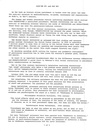
|
2025 sep 23
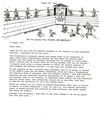
|
2025 aug 3
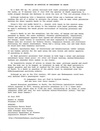
|
2025 jun 25
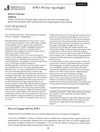
|
2025 jun 25
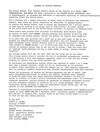
|
2025 may 10
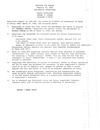
|
More... |
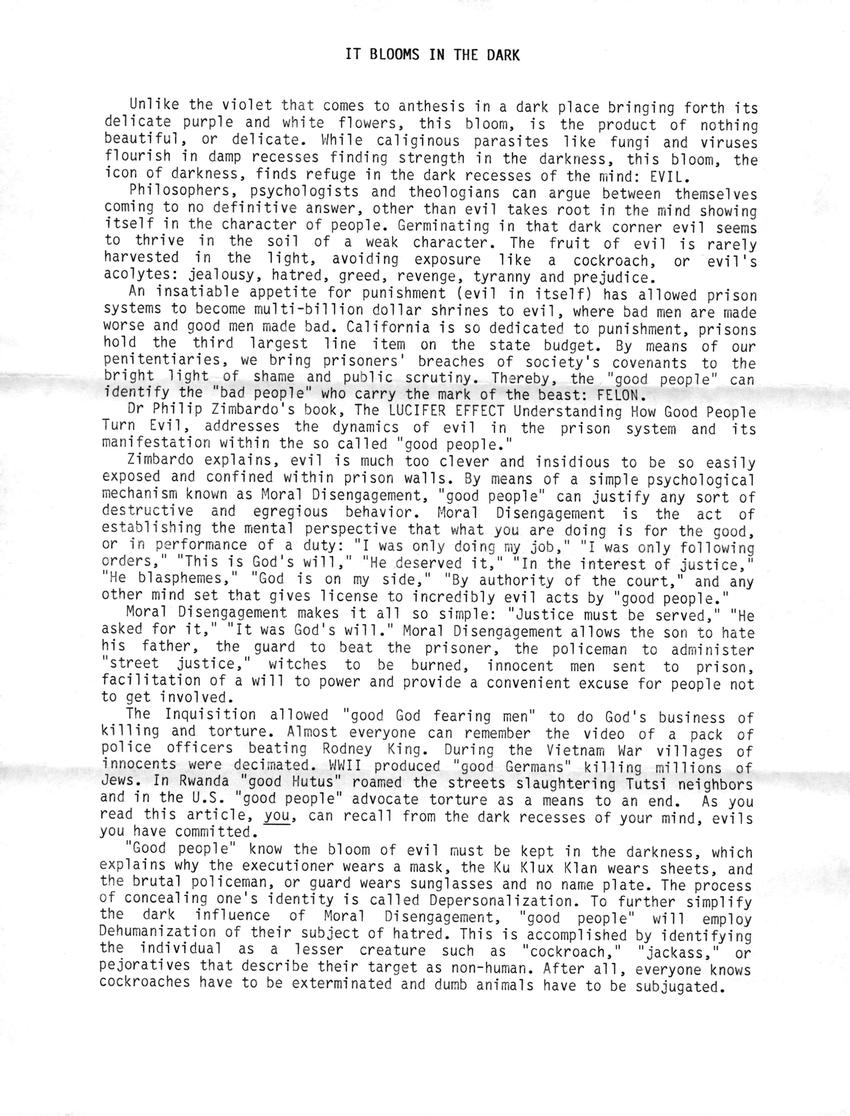
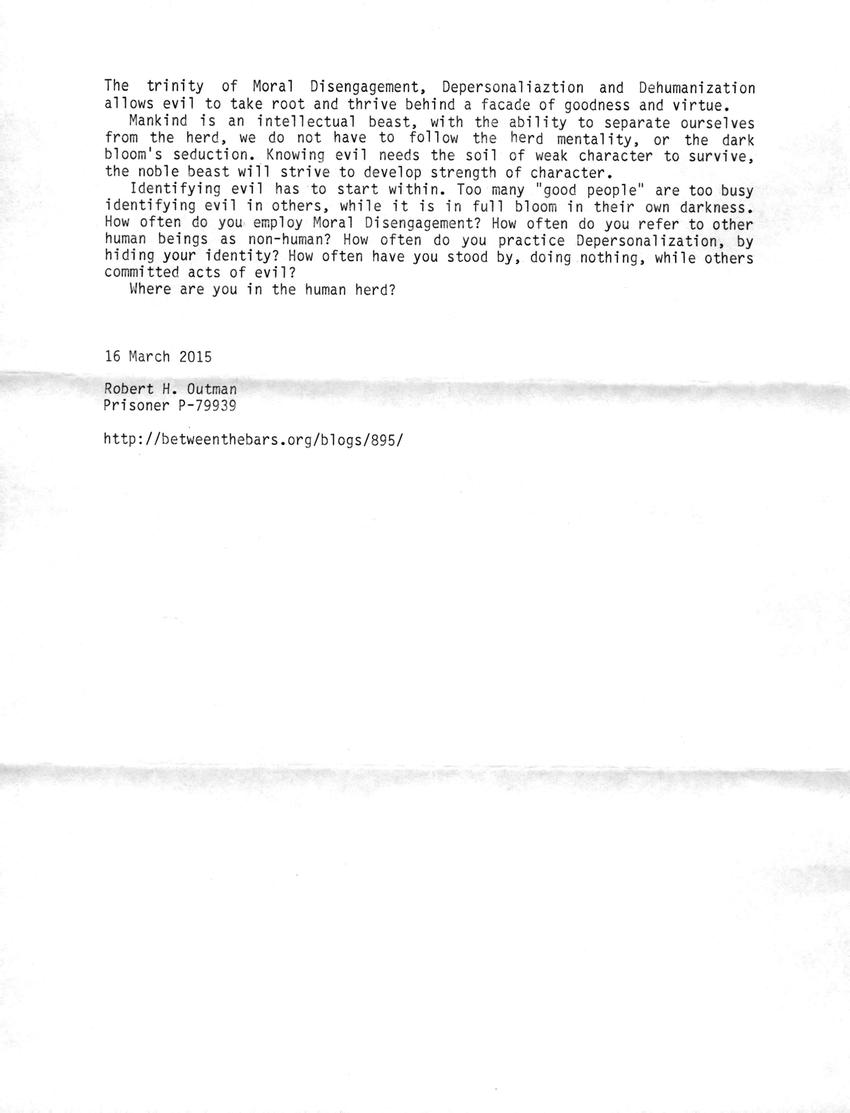

Replies (3)
Thank you for these !
― Elie Wiesel